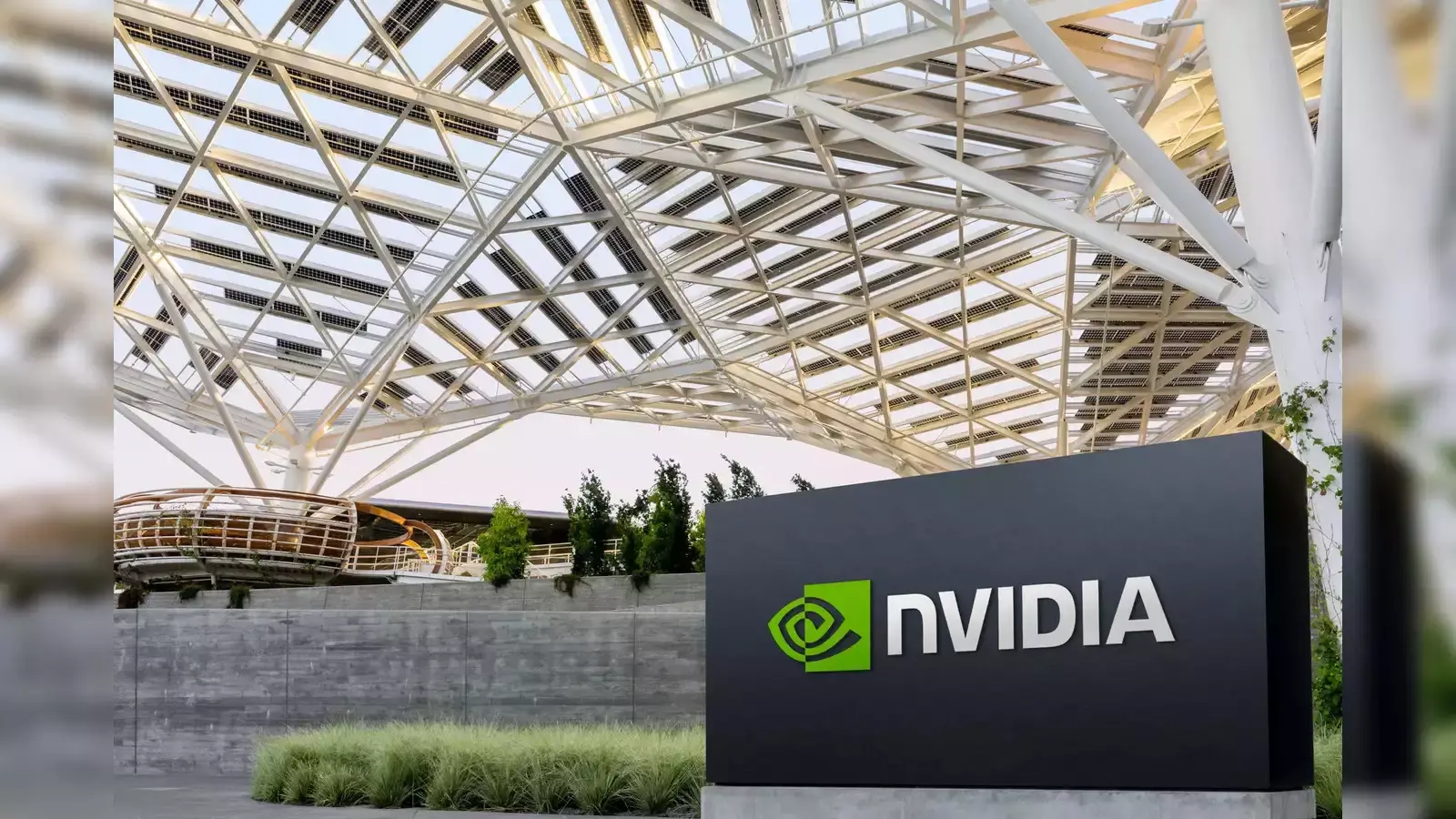
Revolutionizing Drug Discovery: Genesis Therapeutics and NVIDIA’s Vision for AI in Medicine
Explore how Genesis Therapeutics and NVIDIA are transforming drug discovery using AI technology. Discover their collaboration to accelerate the development of personalized medicines and improve therapeutic outcomes, revolutionizing the pharmaceutical landscape.
In a groundbreaking collaboration, Genesis Therapeutics, an AI-driven biotech company, has partnered with NVIDIA to redefine the future of drug discovery. This partnership underscores the growing influence of artificial intelligence (AI) in transforming the pharmaceutical landscape, particularly in addressing complex medical challenges. Through this strategic alliance, Genesis and NVIDIA aim to accelerate the development of therapies that target previously "undruggable" diseases, offering new hope to patients worldwide.
Genesis Therapeutics: Pioneering AI for Medicine
Genesis Therapeutics, headquartered in Burlingame, California, is at the forefront of merging AI with biotechnology. Its flagship platform, GEMS (Genesis Exploration of Molecular Space) , integrates cutting-edge AI technologies such as generative models, diffusion algorithms, and machine learning simulations to revolutionize small molecule drug discovery. Unlike traditional drug development methods, which are often time-consuming and resource-intensive, GEMS enables researchers to analyze and optimize drug molecules with unprecedented speed and accuracy.
By focusing on complex therapeutic targets, including those deemed impossible to address through conventional means, Genesis is carving out a niche in the biotech industry. The company has already raised over $300 million in funding, including a significant $200 million Series B round in August 2023, supported by prominent investors like Andreessen Horowitz and Fidelity.
NVIDIA’s Investment and Collaboration
The partnership with NVIDIA marks a significant milestone for Genesis. NVIDIA’s venture capital arm, NVentures , recently made an equity investment in the biotech firm, adding to its previous participation in Genesis’s funding rounds. While the exact amount of this latest investment remains undisclosed, its strategic importance is clear.
The collaboration focuses on optimizing key computational methods within the GEMS platform. NVIDIA’s expertise in neural network architectures, particularly equivariant neural networks, plays a crucial role in enhancing Genesis's ability to manage complex 3D geometric data such as protein-ligand interactions. These advancements are expected to streamline the drug discovery process, making it more efficient and precise.
According to Dr. Evan Feinberg, Founder and CEO of Genesis Therapeutics, "Addressing previously undruggable targets to create new medicines requires pioneering algorithms for drug discovery and fundamental infrastructure innovation. Working with NVIDIA, we will further the capabilities of our field-leading physical AI platform for structure-driven drug design."
How AI is Transforming Drug Discovery
AI’s role in drug discovery is multifaceted, offering solutions to longstanding challenges in the pharmaceutical industry. Traditionally, identifying potential drug candidates involved labor-intensive processes, with high costs and long timelines. AI changes the game by enabling researchers to:
- Analyze Vast Data Sets : AI algorithms can process and interpret massive amounts of chemical and biological data, identifying promising compounds faster than ever before.
- Optimize Molecules : Using AI-driven simulations, researchers can fine-tune molecular structures to improve efficacy and safety.
- Predict Outcomes : Predictive models help anticipate how a drug will interact with the human body, reducing the likelihood of failure in clinical trials.
The GEMS platform exemplifies these capabilities. By simulating 3D binding dynamics and leveraging a graph-based approach to represent protein-ligand complexes, GEMS generates innovative molecules tailored to specific drug development programs. This not only accelerates discovery but also increases the probability of success in addressing challenging diseases.
The Broader Impact of AI in Biotech
The Genesis-NVIDIA partnership is part of a larger trend where AI is reshaping the biotech sector. Recent years have seen a surge in collaborations between tech giants and biotech firms, driven by the potential to revolutionize healthcare. For example, NVIDIA has previously supported other AI-driven drug discovery initiatives, while Genesis has partnered with pharmaceutical leaders like Genentech and Eli Lilly.
These partnerships highlight the immense potential of AI to address unmet medical needs. By enabling personalized medicine, improving the efficiency of drug pipelines, and reducing costs, AI is poised to make life-saving therapies more accessible to patients worldwide.
Challenges and the Road Ahead
While the potential of AI in drug discovery is immense, it is not without challenges. Regulatory hurdles, data privacy concerns, and the need for human oversight in AI-driven processes are some of the barriers that companies like Genesis must navigate. Additionally, integrating AI into existing drug development frameworks requires significant investment in infrastructure and expertise.
Despite these challenges, the future looks promising. As AI technology continues to evolve, it will likely play an even more integral role in addressing global health crises. For Genesis and NVIDIA, this partnership represents a significant step forward in realizing the full potential of AI in medicine.
Final Words:
The collaboration between Genesis Therapeutics and NVIDIA is a testament to the transformative power of AI in drug discovery. By combining cutting-edge technology with innovative biotech approaches, the two companies are paving the way for a new era of medical breakthroughs. As they continue to push the boundaries of what is possible, their work offers a glimpse into a future where life-saving therapies are developed faster, more efficiently, and with greater precision than ever before.
For patients with complex and underserved medical conditions, this partnership offers renewed hope. It also serves as a reminder of the immense possibilities that arise when technology and science come together to tackle humanity’s most pressing challenges.
Leave a comment
Your email address will not be published. Required fields are marked *
